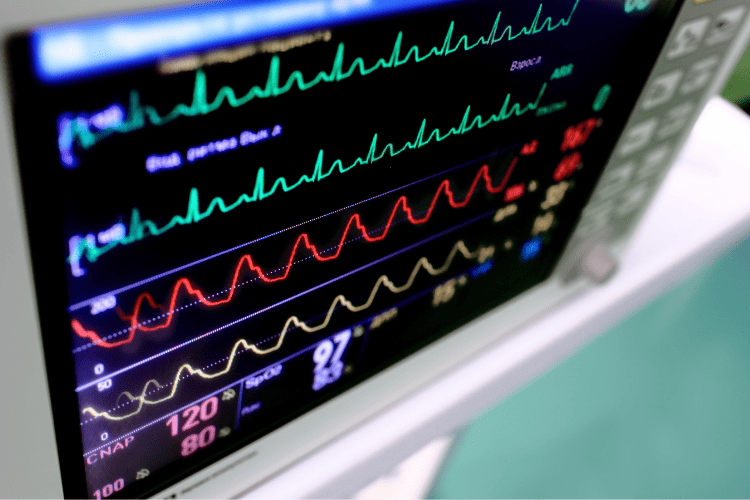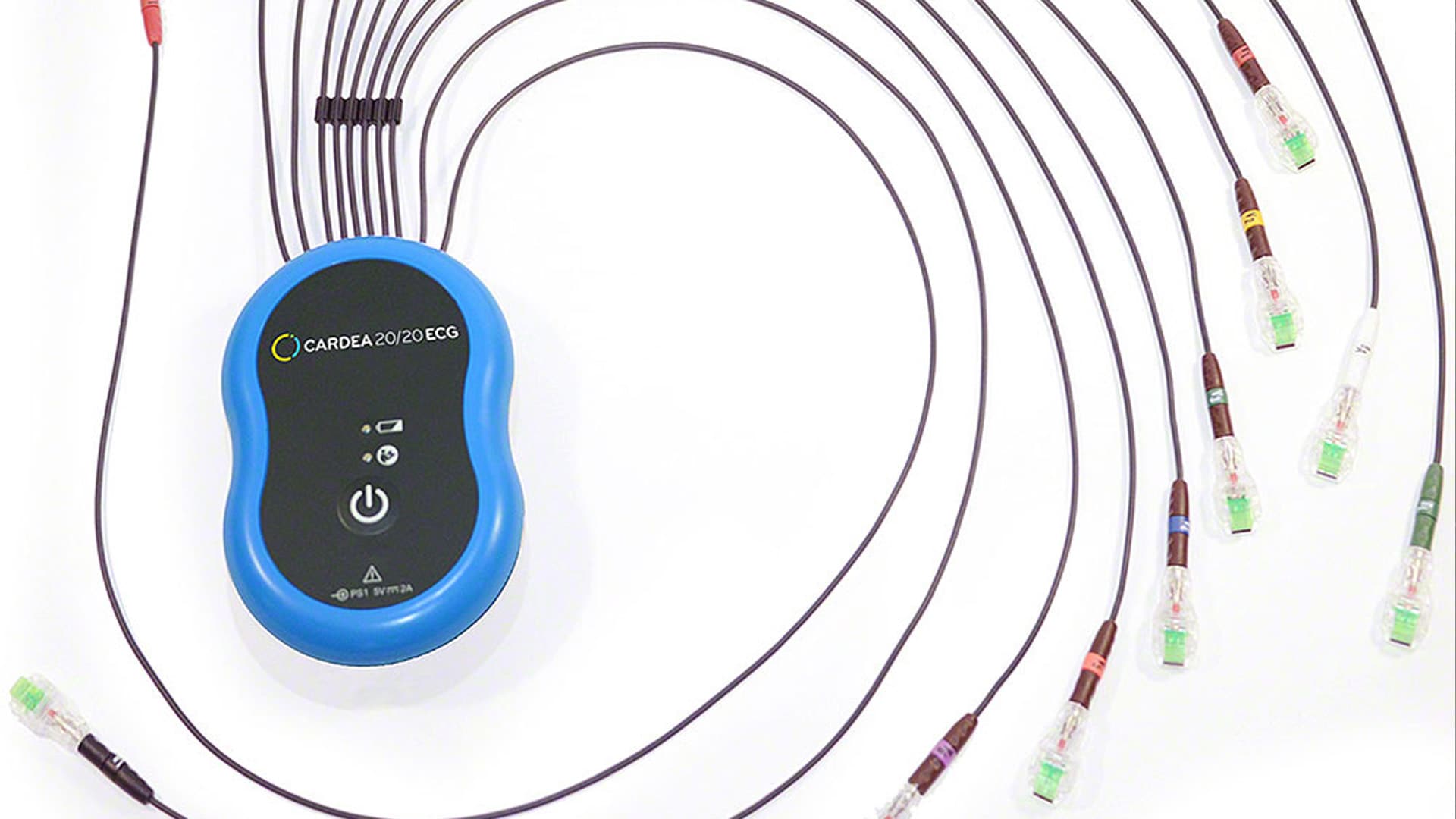Clinical atrial fibrillation (AF) is associated with increased rates of stroke, heart failure, mortality, hospitalization, and cognitive decline. For years oral anticoagulation and rate control have been the mainstays of treatment. But now, with the advent of new techniques, AF ablation has become a safe and effective method for maintaining sinus rhythm. The challenge for practitioners is to identify AF in their patients as soon as possible so that the proper management strategy can be implemented early in the course of the disease.
The importance of early AF diagnosis and preservation of sinus rhythm was recently underscored by the results of the EAST-AFNET-4 study.* In this prospective randomized trial of 2,785 patients, early rhythm control with drug or ablation therapy lowered the risk of adverse cardiovascular outcomes (death, stroke, heart failure hospitalization, acute coronary syndrome) over 5 years compared to usual care (anticoagulation, rate control). This favorable outcome occurred in patients with all AF patterns: first diagnosed (FDAF), paroxysmal (paroxAF), and persistent (persAF). This observation is particularly comforting because it is often difficult to identify the AF pattern for individual patients.
The trial included 1,048 patients with FDAF who were enrolled 7 days after the first clinical diagnosis of AF. We know that FDAF patients are at the highest risk of adverse cardiovascular outcomes compared to paroxAF or persAF patients, and we also know that FDAF patients suffer a lower quality of life. The fact that early rhythm control can benefit FDAF patients is especially reassuring, and it should encourage us to monitor our patients for AF, especially those who are at highest risk (advancing age, hypertension, obesity, diabetes, heart failure, ischemic heart disease,)
*Presenting Pattern of Atrial Fibrillation and Outcomes of Early Rhythm Control Therapy. J Am Coll Cardiol 2022;80:283-295.




